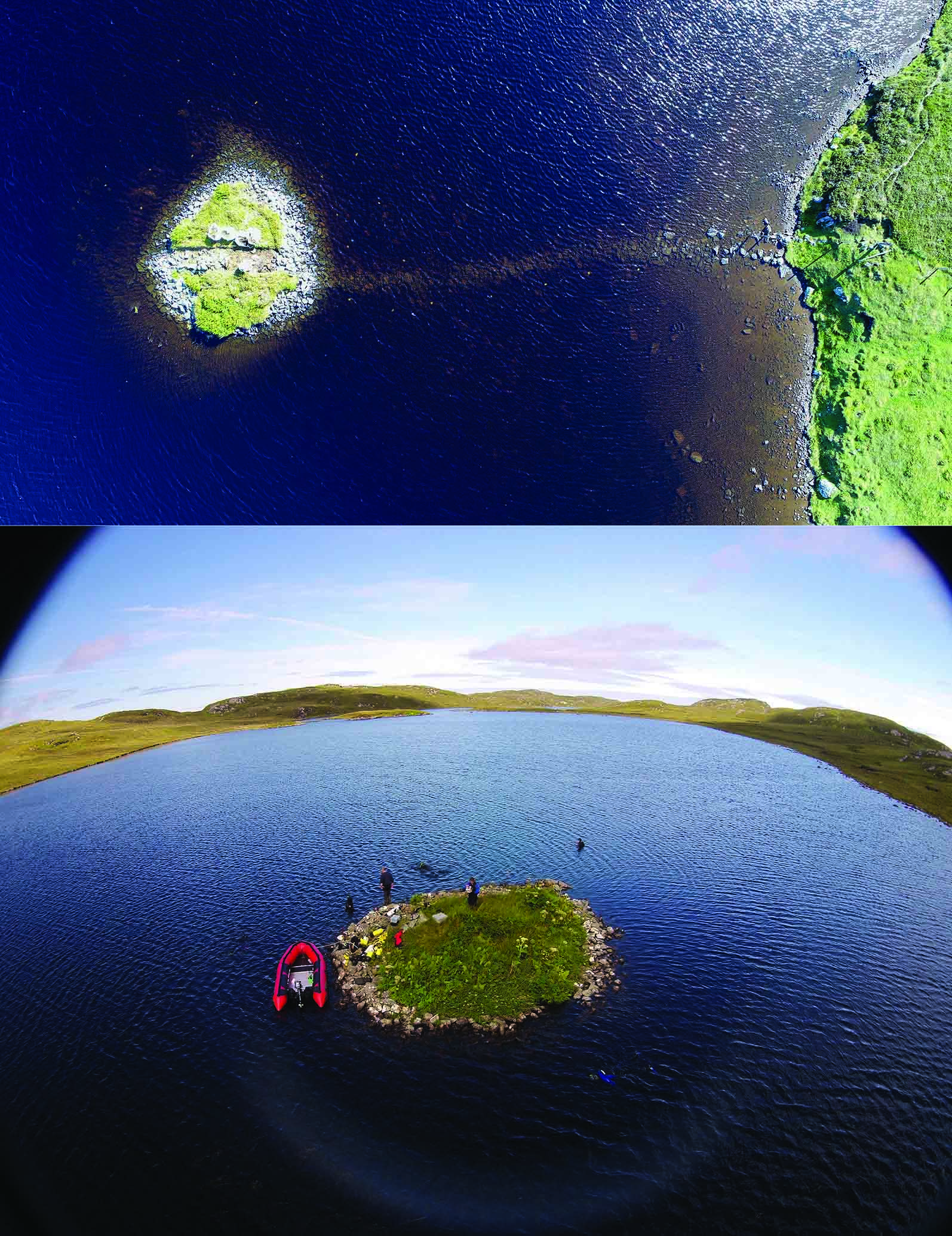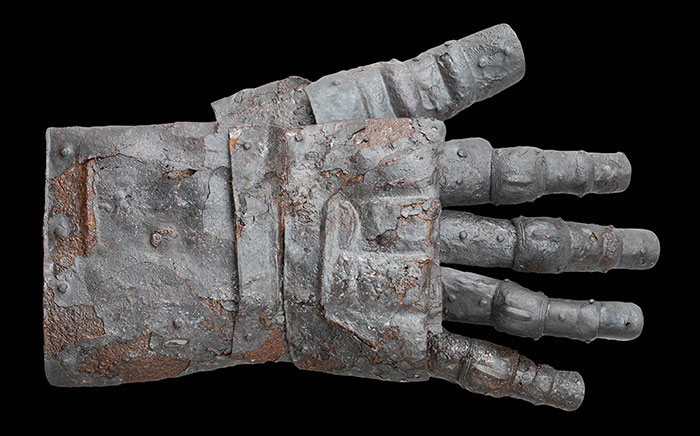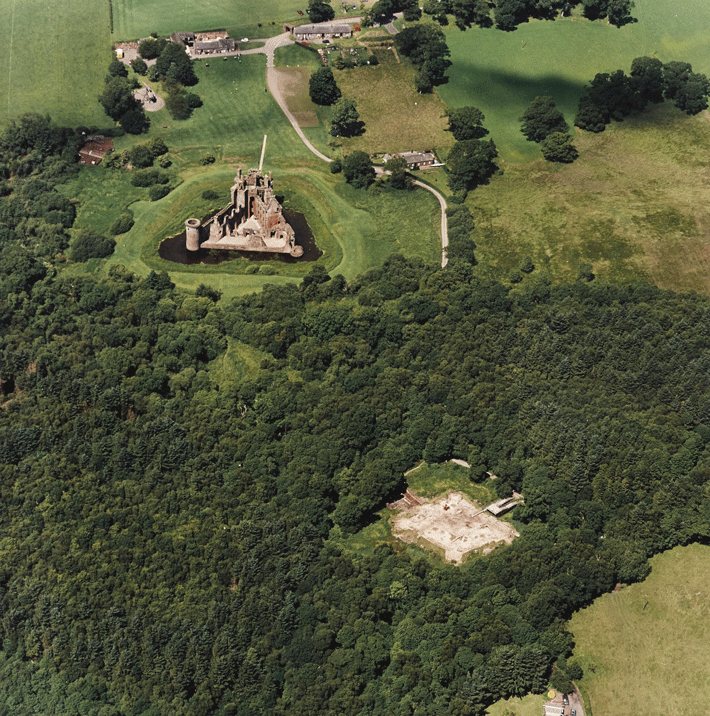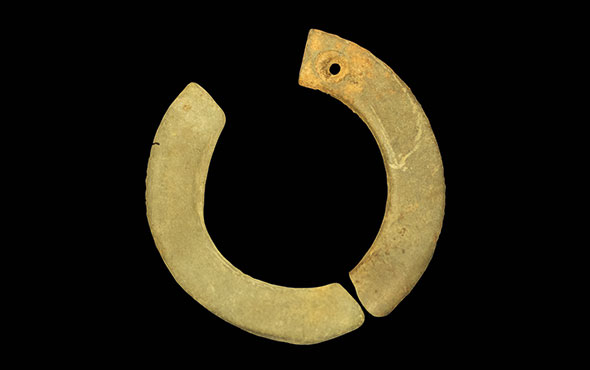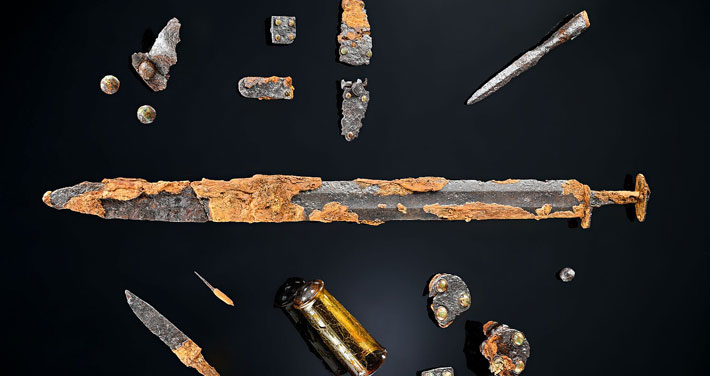
TUTTLINGEN, GERMANY—Live Science reports that more than 100 graves dated to the early medieval period, and one grave dated to the Neolithic period, were discovered near the Danube River in southwestern Germany during an investigation undertaken before the construction of a rainwater retention pond. The Neolithic grave, dated to the third millennium B.C., contained pottery attributed to the Corded Ware culture, which is named for its distinctive geometric decorations made by pressing cord into damp clay. People of the Corded Ware culture are thought to have kept cows and sheep and may have sown crops such as barley. The early medieval graves have been dated to between A.D. 500 and 600, after the fall of the Roman Empire in A.D. 476. These graves contained swords, lances, shields, bone combs, drinking vessels, and earrings. The finds push back the date of settlement of the region, otherwise dated to A.D. 1273 through written records. To read about a 4,000-year-old ringed sanctuary in central Germany, go to "Letter from Woodhenge: Stonehenge's Continental Cousin."


